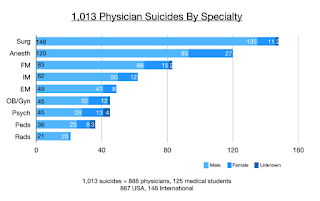Deanna Pan
Boston Globe
Originally posted 3 JUN 22
Here is an excerpt:
A 2018 study by the FBI’s Behavioral Analysis Unit evaluating 63 active shooters between 2000 and 2013 found that a quarter were known to have been diagnosed with any kind of mental illness, and just 3 of the 63 had a verified psychotic disorder.
Although 62 percent of shooters showed signs that they were struggling with issues like depression, anxiety, or paranoia, their symptoms, the study notes, may ultimately have been “transient manifestations of behaviors and moods” that would not qualify them for a formal diagnosis.
Formally diagnosed mental illness, the study concludes, “is not a very specific predictor of violence of any type, let alone targeted violence,” given that roughly half of the US population experiences symptoms of mental illness over the course of their lifetimes.
Forensic psychologist Jillian Peterson, cofounder of The Violence Project, a think tank dedicated to reducing violence, said mass shooters are typically younger men, channeling their pain and anger through acts of violence and aggression. For many mass shooters, Peterson said, their path to violence begins with early childhood trauma. They often share a sense of “entitlement,” she said — to wealth, power, romance, and success. When they don’t achieve those goals, they become enraged and search for a scapegoat.
”As they get older, you see a lot of despair, hopelessness, self-hate — many of them attempt suicide — isolation. And then that kind of despair, isolation, that self-hatred turns outward,” Peterson said. “School shooters blame their schools. Some people blame a racial group or women or a religious group or the workplace.”
But mental illness, she said, is rarely an exclusive motive for mass shooters. In a study published last year, Peterson and her colleagues analyzed a dataset of 172 mass shooters for signs of psychosis — features of schizophrenia and other mood disorders. Although mental illness and psychotic disorders were overrepresented among the mass shooters they studied, Peterson’s study found most mass shooters were motivated by other factors, such as interpersonal conflicts, relationship problems, or a desire for fame.
Peterson’s study found psychotic symptoms, such as delusions or hallucinations, played no role in almost 70 percent of cases, and only a minor role in 11 percent of cases, where the shooters had other motives. In just 10 percent of cases, perpetrators were directly responding to their delusions or hallucinations when they were planning and committing their attacks.

